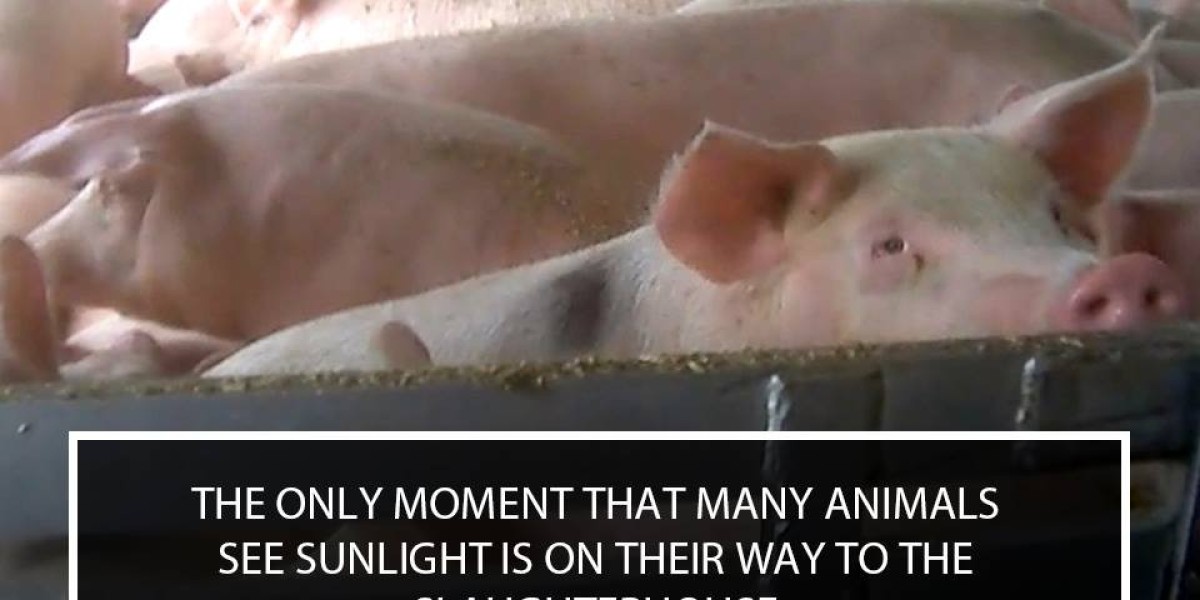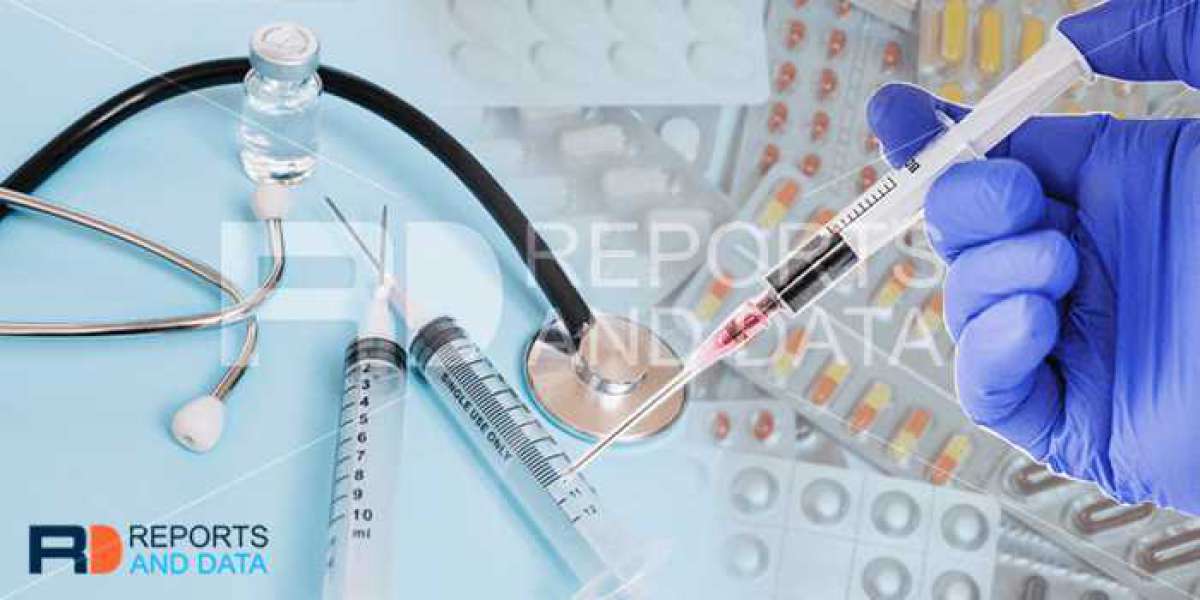In today's modern society, the demand for cheap and convenient food production has led to the rise of factory farms. These massive industrialized operations are responsible for the majority of meat, dairy, and egg products consumed worldwide. However, behind the shiny facade of efficiency and profit lies a much darker truth - rampant Factory farm animal cruelty.
Factory farms are designed to maximize productivity and profit, often at the expense of animal welfare. Animals are confined in overcrowded, unsanitary conditions, deprived of basic necessities such as space to move, fresh air, and natural light. Many never see the outdoors or feel the warmth of the sun on their backs.
In these cramped and stressful environments, animals are prone to injury, disease, and mental distress. Pigs, chickens, cows, and other animals are subjected to routine procedures such as debeaking, tail docking, and castration without pain relief. These painful and traumatic experiences are simply seen as a cost of doing business in the eyes of factory farm operators.
The use of antibiotics and growth hormones is also common in factory farms to promote rapid growth and prevent disease outbreaks. Animals are often pumped full of these drugs to keep them alive and productive in such harsh conditions. As a result, consumers are exposed to the potential health risks associated with antibiotic-resistant bacteria and other harmful substances present in factory farm products.
The environmental impacts of factory farming are equally alarming. The massive amounts of waste produced by these operations pollute air, water, and soil, contributing to climate change, water contamination, and loss of biodiversity. The use of chemical fertilizers and pesticides on feed crops further exacerbates these environmental issues, leading to a vicious cycle of destruction.
Despite these glaring problems, factory farms continue to operate with little oversight or regulation. The industrial agriculture lobby wields significant power and influence over government agencies, allowing them to avoid accountability and scrutiny. As a result, consumers are kept in the dark about the true cost of cheap meat and dairy products on the market.
Thankfully, there is a growing movement towards more ethical and sustainable alternatives to factory farming. Organizations and activists are working to raise awareness about the realities of animal cruelty in the food industry and promote plant-based diets as a compassionate choice. Consumers are becoming more conscious of the impact of their food choices on animals, the environment, and their own health, leading to a shift towards cruelty-free and environmentally friendly options.
As individuals, we have the power to make a difference by supporting local, organic, and ethical food producers, reducing our meat and dairy consumption, and advocating for stronger regulations on factory farms. By making informed choices and demanding change, we can help end the cycle of suffering and exploitation in the food industry.
In conclusion, factory farm animal cruelty is a dark reality that continues to thrive in our modern world. The animals trapped in these oppressive systems suffer greatly, and the environment pays a hefty price for our cheap and convenient food choices. It is up to us as consumers and concerned citizens to speak out against this injustice and push for a more compassionate and sustainable food system for all beings involved. Let us choose kindness over cruelty, and compassion over convenience in our food choices moving forward.
https://www.linkedin.com/pulse/embracing-animal-welfare-ethical-imperative-veganism-rima-akter-4drlc








